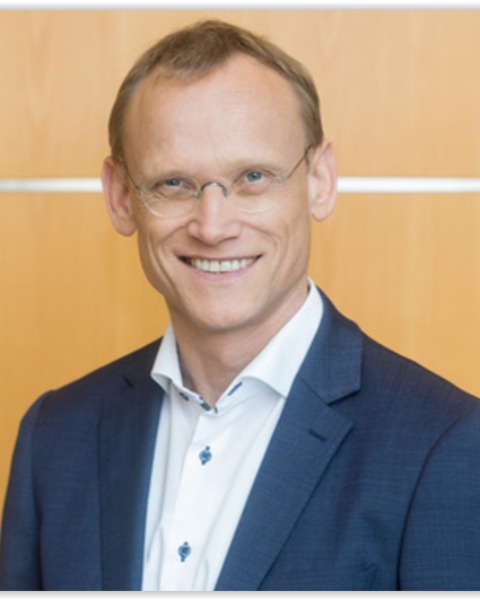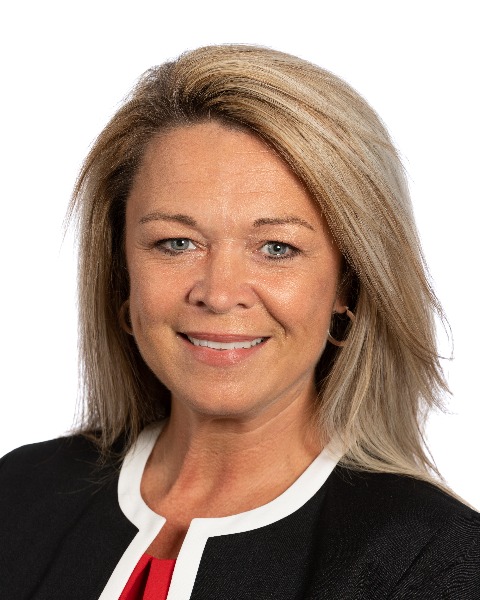Master Class
An Evolving Landscape in Schizophrenia:A Discussion of Novel and Emerging Mechanisms of Action
-

Christoph Correll, MD
Professor of Psychiatry, Chair Child and Adolescent Psychiatry
(1) The Zucker Hillside Hospital; (2) Donald and Barbara Zucker School of Medicine at Hofstra/Northwell; (3) The Feinstein Institutes for Medical Research; (4) Charité - Universitätsmedizin Berlin
Zucker School of Medicine at Hofstra/Northwell, New York, USA -

Brooke Kempf, MSN, PMHNP-BC
Hospitalist, Hamilton Center CMHC, Terre Haute, IN; Adjunct Faculty, Indiana University of Indianapolis, Indianapolis, IN
Hamilton Center CMHC
Indiana University of Indianapolis
Speaker(s)
While there has been some progress in developing therapeutics for schizophrenia, the overall trajectory has been uninspiring, with endless variations of ways to manipulate the D2 receptor. There are however some novel agents which have potential to transform the schizophrenia treatment landscape. Participate in this session to explore mechanisms of action (MOAs) of novel and investigational agents, such as TAAR1 agonists, M1/M4 receptor agonists, and VMAT2 inhibitors, and how they hold promise in addressing limitations of conventional treatments. Expert faculty will critically evaluate the most recent clinical trial data pertaining to the safety, tolerability, and efficacy of these emerging agents for patients with schizophrenia. By the session's end, attendees will be equipped with a comprehensive understanding of modern approaches to schizophrenia treatment, empowering clinicians to make informed decisions and improve patient outcomes. Don't miss this opportunity to stay at the forefront of schizophrenia management and optimize patient care.
This session is supported by an educational grant from Karuna Therapeutics.
Learning Objectives:
- Assess the challenges associated with antipsychotics for schizophrenia that act as D2 receptor antagonists, including inadequate response, adverse effects, and nonadherence/discontinuation
- Describe the MOAs of novel and investigational agents, including TAAR1 agonists, M1/M4 receptor agonists, and VMAT2 inhibitors, and how they may address shortcomings associated with conventional treatments
- Evaluate the most recent clinical trial data associated with the safety, tolerability, and efficacy of novel and investigational agents for patients with schizophrenia
